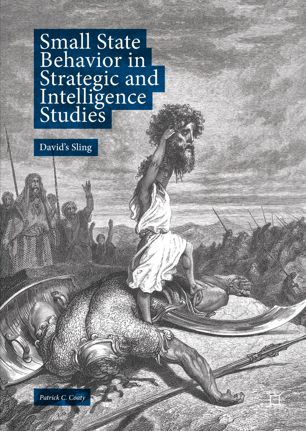

Most ebook files are in PDF format, so you can easily read them using various software such as Foxit Reader or directly on the Google Chrome browser.
Some ebook files are released by publishers in other formats such as .awz, .mobi, .epub, .fb2, etc. You may need to install specific software to read these formats on mobile/PC, such as Calibre.
Please read the tutorial at this link: https://ebookbell.com/faq
We offer FREE conversion to the popular formats you request; however, this may take some time. Therefore, right after payment, please email us, and we will try to provide the service as quickly as possible.
For some exceptional file formats or broken links (if any), please refrain from opening any disputes. Instead, email us first, and we will try to assist within a maximum of 6 hours.
EbookBell Team

0.0
0 reviewsSmall state behavior has been largely ignored by academics in both international relations and strategic/intelligence studies. Yet, when we analyze the root causes of war, insurrections, rebellions, revolutions and general sociological human behavior, it is the small state actors that are usually at the epicenter of the tumultuous event. It is the spark from inside the small state actor – whether it is Serbia, Czechoslovakia, Cuba, Vietnam, Kuwait, Iraq or Syria -- that seemingly leads to internal and external confrontations that inevitably involve much larger states. To date, a book length analysis like this has yet to be published.
The scope of this project is to provide an analysis of a sampling of small state’s behavior in order to build on a unifying theory of security/intelligence studies. This analysis will necessarily survey the breadth of security/intelligence studies from Clausewitz to current applicable United Nations’ Resolutions and international law. In short, if we can understand how political structures affect the behavior of small states, it will be a major contribution to the field of security/intelligence studies enabling policy makers, scholars and the general public to separate fact from myth in analyzing the strategic policies of small states.